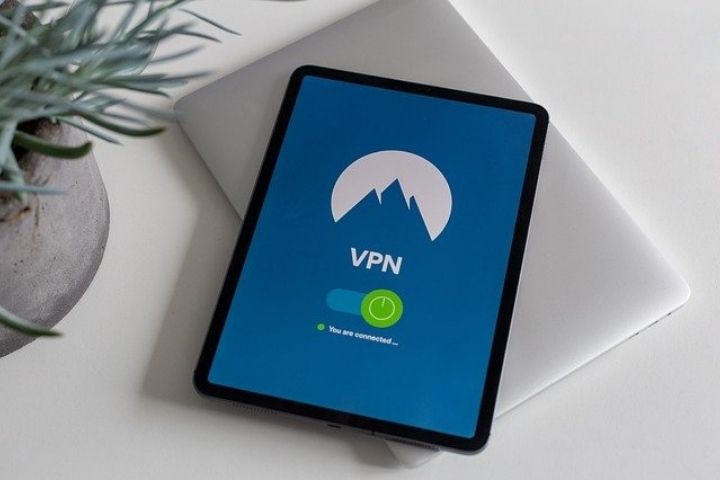Virtual Private Network describes the opportunity to establish a protected network connection when using public networks. VPNs encrypt your internet traffic and it hides your identity. This makes it difficult for third parties to track your online activities and steal your data. Encryption takes place in real time.
Table of Contents
Working Of A VPN
If we connect to the web without a Virtual Private Network, our traffic flows freely in an unencrypted form from our device to the servers of our ISP provider. At all times, you are vulnerable to hacker attacks, espionage, phishing, and other security threats. If we use VPN, it hides your IP address as it redirects through a separate configured remote server that is managed by the VPN host. This means that if you browse online with a VPN, the VPN’s server becomes the source of your data.
That means your Internet Service Provider (ISP) and other third parties will not be able to see the websites you visit or the data you send and receive online. A VPN turns all your data into garbled text. Even if someone could access the data, it would be completely useless.
Why Should We Use A VPN?
The first VPN came about in the early 2000s, but they were used almost exclusively by companies. However, following a wave of security breaches, especially in the early 2010s, the consumer market for VPNs began to rally.
Our ISP configures our connection when we connect to the Internet. It tracks us using an IP address. Our network traffic is transmitted through your ISP’s servers, which can record and display everything you do online. Our ISP may appear trustworthy, however you may share your search history with advertisers, the police or the government, or other third parties.
ISPs can also be victims of cybercriminal attacks: if they are hacked, your personal and private data can be compromised. You never know who might be monitoring your internet traffic and what kind of information might be stolen from you, including passwords, personal data, payment information, or even your identity. Here and check out this list of top VPN providers which emerged in cyber security world for the past years
What Types Of VPNs?
There are many different types of VPN, but the three most important types:
Site-To-Site VPN
A site-to-site VPN is a private network intended to disguise private intranets, while allowing the users of those secure networks to access each other’s resources. It is useful if we have multiple locations in our company, each with its own Local area network connected to a Wide area network.
Site-to-site Virtual Private Network is also useful if you have two independent intranets between which you want to send files without users on one intranet having to explicitly access the other. Site-to-site VPNs are primarily used by large companies. They are complex to implement and do not offer the same flexibility as SSL VPNs. However, they are the most effective in ensuring communication within and between large departments.
VPN Configured On SSL
In general, not all employees of a company have access to a laptop that they can use to work from home. During the coronavirus crisis in the spring of 2020, many companies faced the problem of not having enough equipment for their employees. In these cases, the use of a private device (PC, laptop, tablet, mobile phone) is often used. When this is the case, companies rely on an SSL-VPN solution , which is implemented through a corresponding hardware box.
Client To Server VPN
Connecting through a VPN client is like connecting your personal computer to your business with an extension cable. Employees can access the company network from their home office through the secure connection and act as if they are sitting in the office.
However, it is necessary to have the VPN client installed and configured on the computer. This implies that the user or user does not connect to the Internet from their own ISP, but instead establishes a direct connection through their VPN provider.
It prevents access by third parties that could compromise the network connection, and encrypts the data up to the provider. It also prevents ISPs from accessing data that for whatever reason remains unencrypted, and bypasses any Internet access restrictions that the user may experience
The advantage of this type of VPN access is greater efficiency and universal access to a company’s resources. As long as a suitable telephone system is available, the male or female employee can, for example, connect to the system with a headset and act as if they were at the workplace in their company. For example, customers of a company will not be able to tell whether the employee is working at the company or from their home office.
